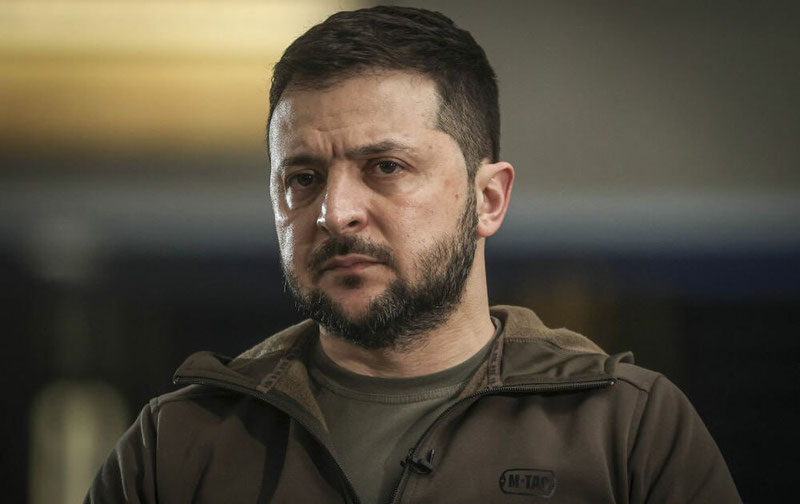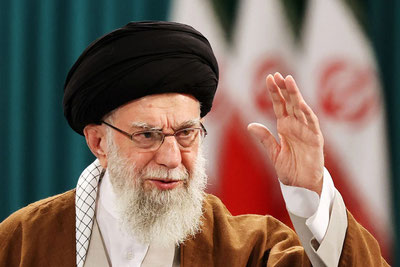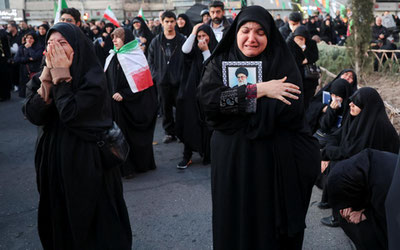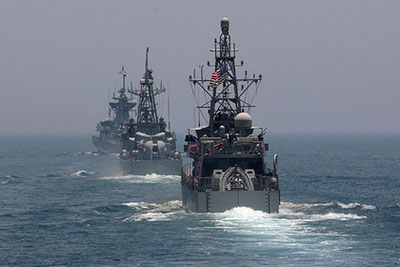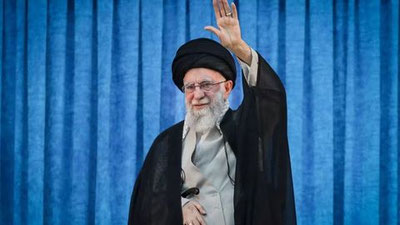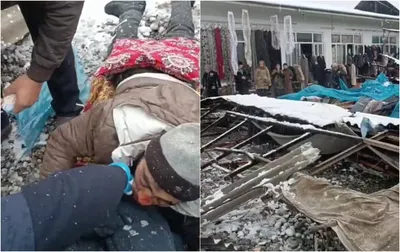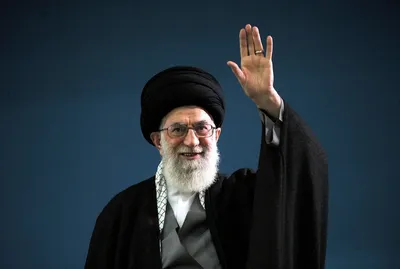Politicians, including President Zelensky, are also forced to swear. According to experts, this is a consequence of the war and an expression of psychological pressure.
Russia's invasion of Ukraine in February 2022 has affected all aspects of the country's life—from politics to daily routines. Now, even the culture of communication is changing: in Ukraine, swearing, especially in Russian, has become a means of resistance, grief, and self-expression amid the war.
As reported by DW, during the war years, phrases like "Putin is a d...k," "Russian warship, go f... yourself," are being freely used not only among the people but also on political platforms. President Volodymyr Zelensky, in an interview with American blogger Lex Fridman, described the sanctions imposed on the Russian president as "this is b...t" and was forced to apologize for the word.
In turn, during peaceful rallies and civil protests, people often carry signs with phrases like "Why the f...?", "Are you f...ing kidding me?", "Stop it!", "Enough, b...ch!"
Writer Oksana Zabuzhko considers this phenomenon a consequence of the war. "Swearing has been glorified. As long as the war continues, stopping this trend is unlikely," she says. Publisher Vitaly Kapranov, however, argues that despite the inappropriate appearance of such words in the mouths of young people, they should be understood as "the painful outcry of people suffering from nightly rocket attacks."
However, linguists have mixed opinions on this phenomenon. According to linguist Oksana Gavrilyuk, swearing is not originally characteristic of the Ukrainian language but emerged as a result of Russification policies. Pavlo Hrytsenko, a prominent Ukrainian linguist and professor, acknowledges that swearing exists in any language. But, he says, "while it may be understandable when fighting an enemy, one must be cautious when communicating with one's own citizens."
In summary, in Ukraine, swearing is no longer just cursing but has become an expression of inner torment, resistance, and strong emotions. Against the backdrop of war, this phenomenon may persist for a long time, experts say.
